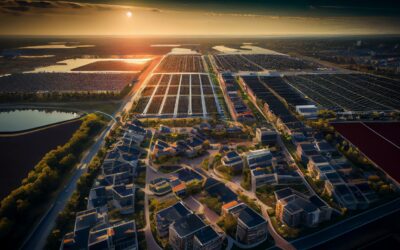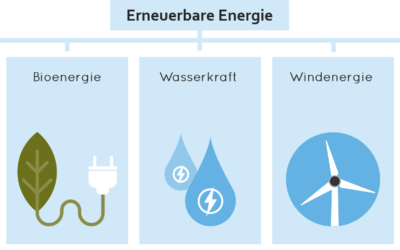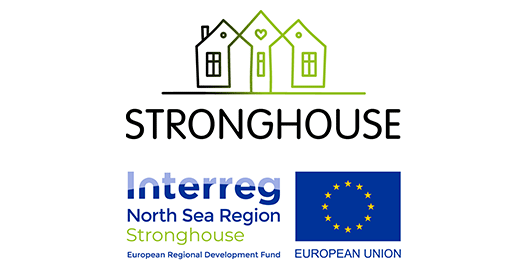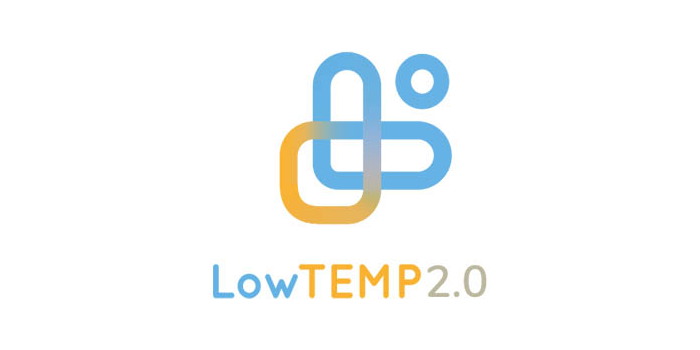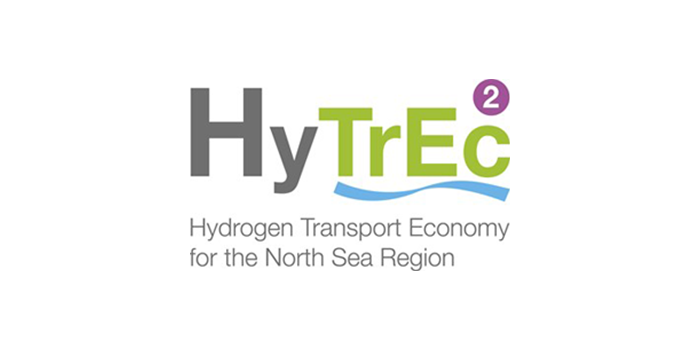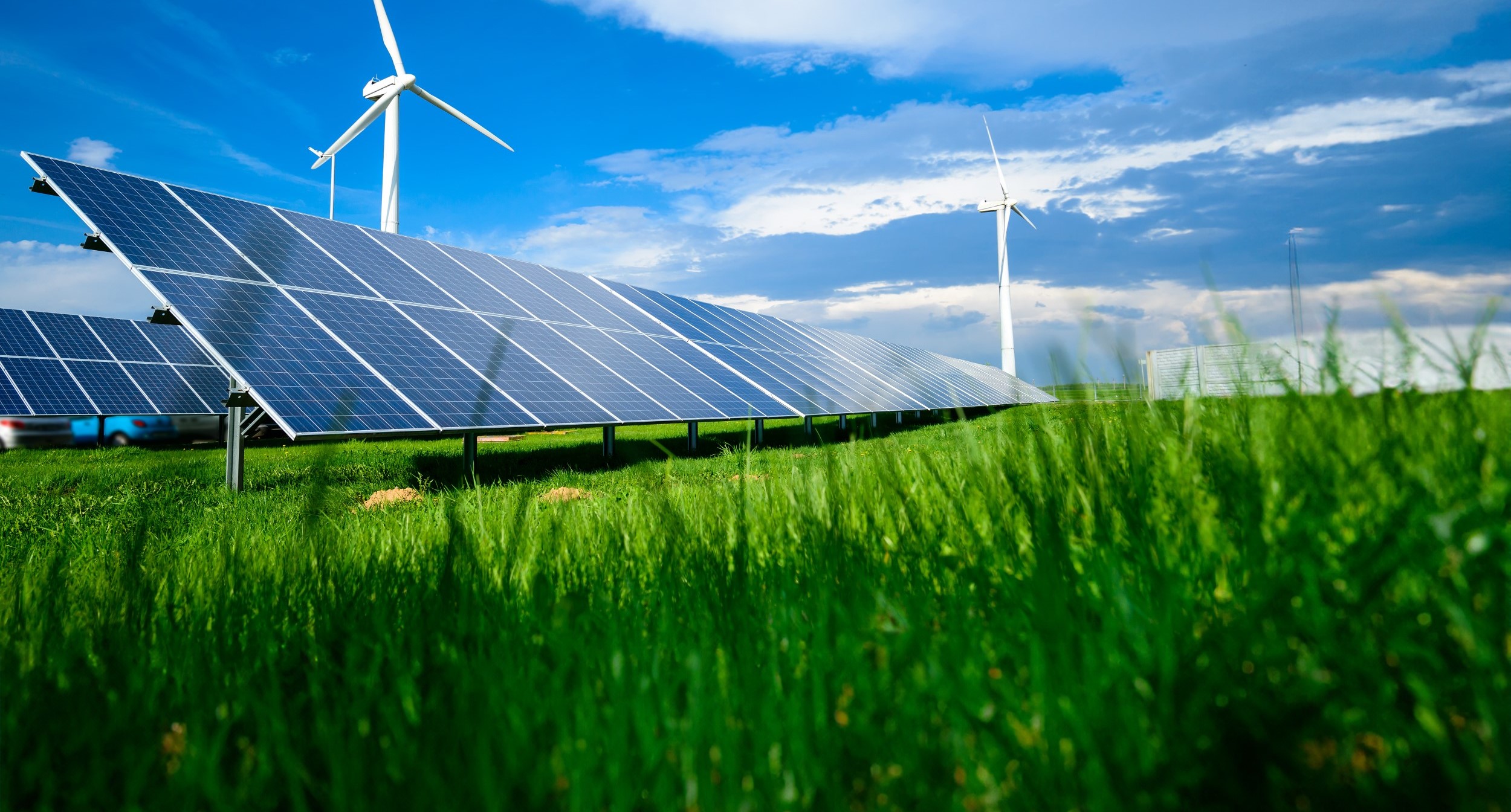
Energy
For a long time, technologies based on fossil fuels have dominated the transportation and energy sector. Further developing alternative approaches, freeing them from their niche existence and giving them the necessary attention is a challenge that must be mastered if the energy transition is to be implemented successfully.
aconium GmbH accepts this challenge and sees it as its task to strengthen the use of renewable energies, which can bring considerable economic and ecological benefits. We are implementing this by identifying and investigating structural obstacles as well as regional potentials in the development and use of renewable energies as alternative fuels in urban and rural areas and developing practical solutions.
Articles on the subject of energy
Achieving the heating transition with district heating and low-temperature networks
District heating is becoming increasingly important throughout Europe for a secure and sustainable heat supply. The focus is shifting to modern third or fourth generation heating networks that are efficient and can be fed with renewable resources and waste heat. The...
Our contribution to the transition in the heating sector – three German e-learning courses on district heating are online
District heating is becoming increasingly important throughout Europe for a secure and sustainable heat supply. Based on many years of experience in this field, aconium now offers a comprehensive introduction to the thematic basics, the European energy...
aconium turns 15 – reason to celebrate
December 13, 2022: On this date 15 years ago, aconium was founded by our Managing Director Tim Brauckmüller. Since then, we have grown beyond ourselves, gained reliable partners and launched many successful projects with them, including projects to promote municipal...
Projects on the topic of energy
Stronghouse had set itself the goal of reducing the ecological footprint of 15,000 homes in the North Sea region, generating 100 million euros in investment and …
The aim of the LowTEMP 2.0 project was to strengthen and expand capacity building for low-temperature district heating networks in the Baltic Sea region. With the transfer of knowledge …
The main objective of the HyTrEc 2 project is to create conditions under which the FCEV market can develop and the North Sea region can become a competence region for fuel cells.

